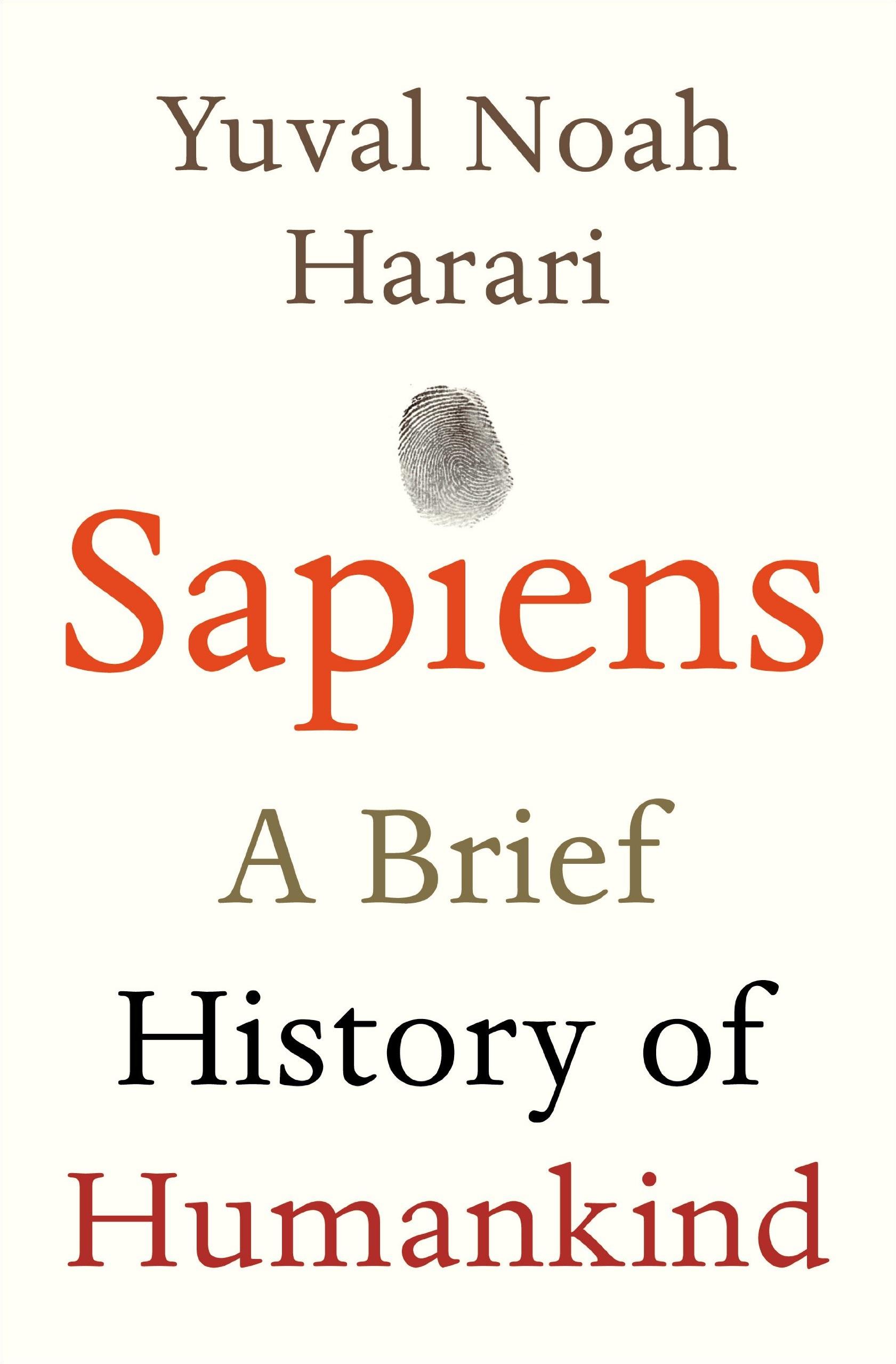
How to Kill an Asteroid: The Real Science of Planetary Defense
Pages: 336
|Published: 1 Oct 2024
Description
A gripping account of the “city-killer” asteroids that could threaten Earth and the race to build a planetary defense system.
There are approximately 25,000 “city-killer” asteroids in near-Earth orbit—and most are yet to be found. Small enough to evade detection, they are capable of large-scale destruction, and represent our greatest cosmic threat. But in September 2022, against all odds, NASA’s Double Asteroid Redirection Test (DART) mission deliberately crashed a spacecraft into a carefully selected city-killer, altering the asteroid’s orbit and proving that we stand a chance against them.
In How to Kill an Asteroid, award-winning science journalist Robin George Andrews—who was at DART mission control when it happened—reveals the development of the technology that made it possible, from spotting elusive asteroids and comets to figuring out their geologic defenses and orchestrating a deflection campaign. In a propulsive narrative that reads like a sci-fi thriller, Andrews tells the story of the planetary defense movement, and introduces the international team of scientists and engineers now working to protect Earth.
There are approximately 25,000 “city-killer” asteroids in near-Earth orbit—and most are yet to be found. Small enough to evade detection, they are capable of large-scale destruction, and represent our greatest cosmic threat. But in September 2022, against all odds, NASA’s Double Asteroid Redirection Test (DART) mission deliberately crashed a spacecraft into a carefully selected city-killer, altering the asteroid’s orbit and proving that we stand a chance against them.
In How to Kill an Asteroid, award-winning science journalist Robin George Andrews—who was at DART mission control when it happened—reveals the development of the technology that made it possible, from spotting elusive asteroids and comets to figuring out their geologic defenses and orchestrating a deflection campaign. In a propulsive narrative that reads like a sci-fi thriller, Andrews tells the story of the planetary defense movement, and introduces the international team of scientists and engineers now working to protect Earth.





